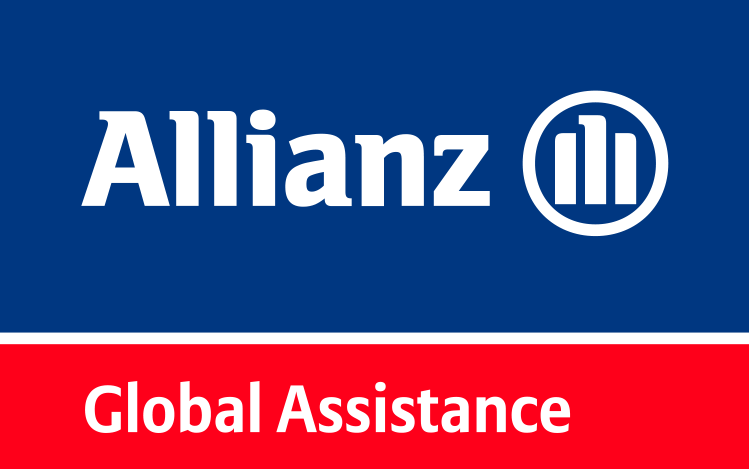
Most frequently asked
questions on travel insurance
What does travel insurance cover?
What is not covered by travel insurance?
Why do I need travel insurance?
How do I choose a travel insurance plan?
How do I purchase travel insurance?
How much does travel insurance cost?
How does travel insurance work?
How can I understand my travel insurance policy better?
Will travel insurance cover me anywhere in the world?
When should I buy travel insurance?
Where can I buy travel insurance?
Does travel insurance cover travel advisories?
How do I cancel my travel insurance?
How can I extend my travel insurance?
Can I get travel insurance if I’m already abroad?
Can I change my travel insurance dates?
In which countries is travel insurance mandatory?
Are there events or medical conditions that aren’t covered?
What is considered a pre-existing condition?
Does travel insurance cover pre-existing conditions?
What should I do if I am in a medical emergency?
Will I have to pay out of pocket for any medical expenses?
Is health insurance required to travel to Europe?
Does travel insurance cover medical expenses?
Can I cancel my trip for any reason and get all my money back?
Does travel insurance cover hotel costs?
What does trip cancellation insurance cover?
What is the difference between trip cancellation and trip interruption insurance?
What should I do if my luggage is delayed?
What should I do if my luggage is lost or damaged?
What should I do if my luggage is stolen?
Am I covered if I have to cancel or interrupt my trip due to COVID-19?
